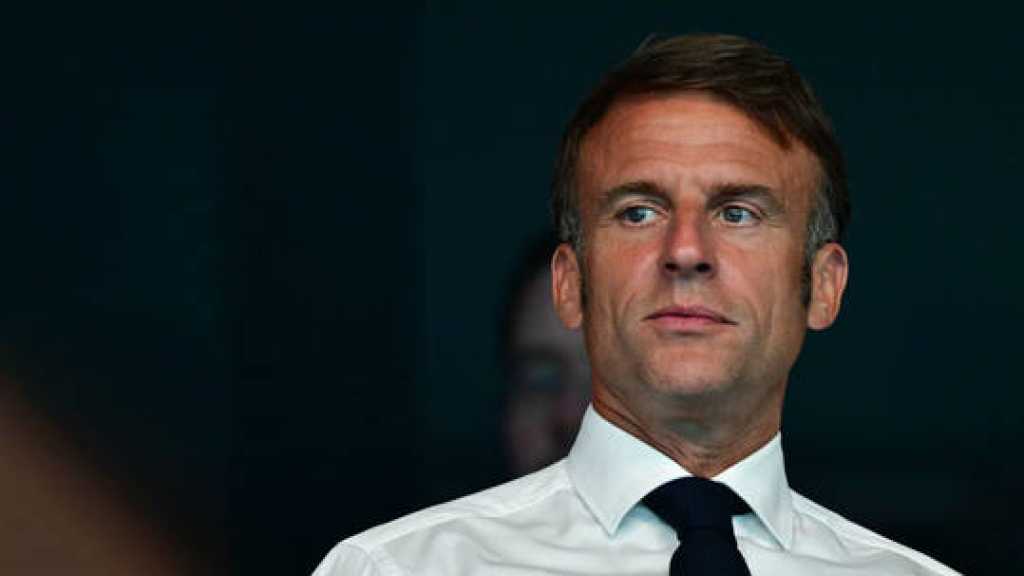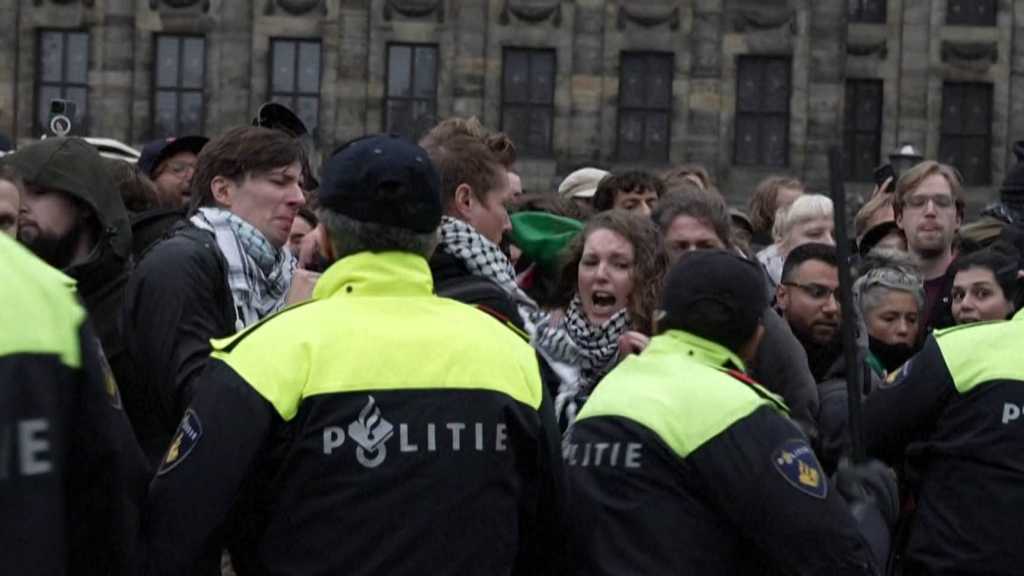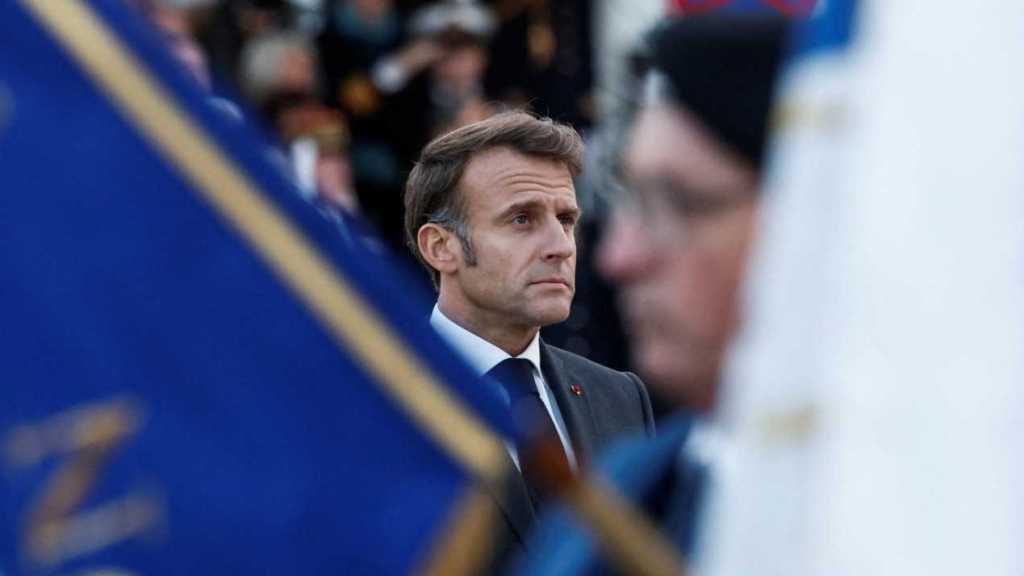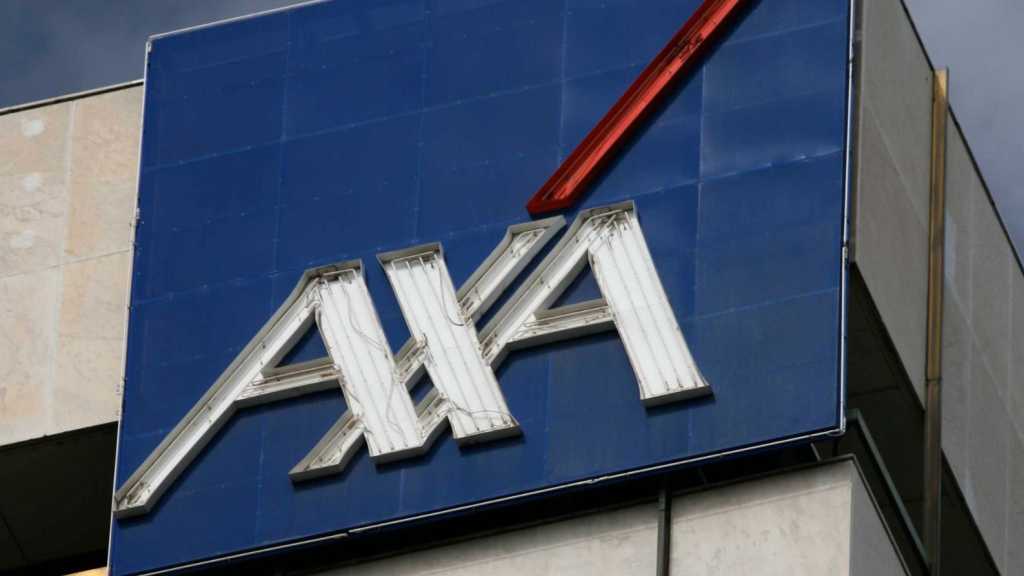Anger is Growing: France Protests Turn Violent
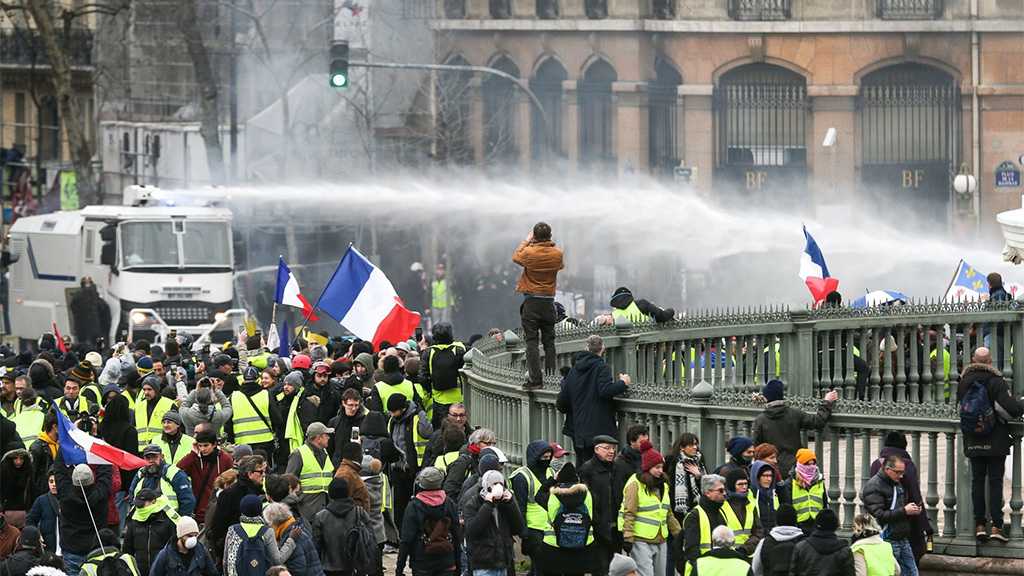
By Staff, Agencies
Following a series of dramatic days in French politics, controversial pension reforms were adopted on Monday the hard way. French Prime Minister Élisabeth Borne rammed through the bill in the National Assembly, the lower house, last week by invoking Article 49.3. The constitutional clause grants the government executive privilege to pass a bill without a parliamentary vote and gives the opposition the opportunity to respond with a no-confidence vote.
On Monday, March 20, the government narrowly survived the no-confidence vote, paving the way for the adoption of the pension reforms, which extends the official retirement age from 62 to 64.
But opponents of French President Emmanuel Macron’s pension reforms are not caving in and they still hope to force a government backdown before the new law is enacted.
The far-left NUPES [New Ecological and Social Popular Union] alliance has vowed to use "all means” at their disposal to defeat the despised pension reform. These include mass protests, holding a public referendum to try to overturn the reforms, and appealing to the Constitutional Council with the aim of invalidating the law on procedural grounds.
The next steps are likely to be played out on the streets of French cities and towns. Spontaneous demonstrations started erupting on Thursday night, after the government invoked Article 49.3. Following Monday’s, no-confidence votes, they turned violent, with some protesters erecting barricades, destroying public property and burning garbage that has been piling up in the French capital due to the waste workers strike over pension reforms. Hundreds were arrested after a night of protesters playing cat-and-mouse with riot police across France.
In addition to the spontaneous displays of discontent, trade unions are continuing nationwide strikes, which have gripped France since the start of the year. French unions have called another day of strikes on Thursday, March 23. So far, the eight nationwide strikes called by the unions this year have been peaceful. Following the dramatic political events over the past few days and the unruly spontaneous demonstrations on the streets, there are heightened fears of violence.
Jean-Luc Mélenchon, firebrand leader of the far-left France Unbowed [La France Insoumise, LFI] party, called for public protests at a press briefing near the National Assembly. "I hope that this popular discontent is expressed on a mass scale at any place under any circumstances, and that it enables us to obtain the withdrawal of the text," he said.
In the past, mass protests have succeeded into forcing French governments to back down. The opposition regularly cites the example of the 2006 youth employment reforms under then prime minister, Dominique de Villepin. The law covering the New Employment Contract – CPE as it’s known in France – provided a two-year trial period for young people, and it was also adopted by invoking Article 49.3. Following mass protests however, the law was finally suspended and then abolished by a new vote.
Comments
- Related News
